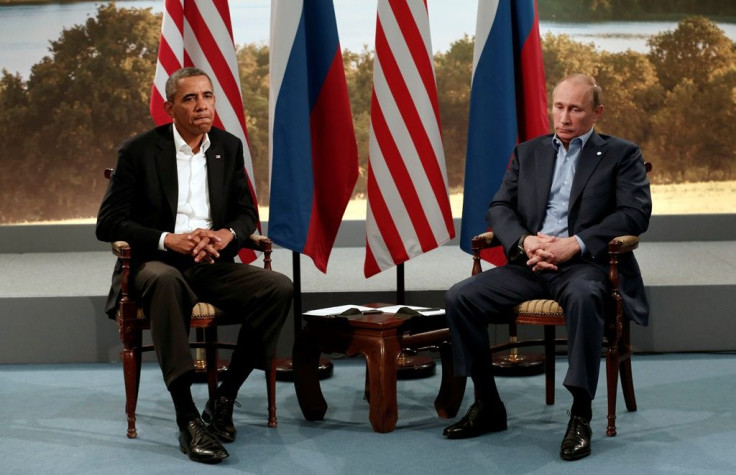Russia, US Work To Restore 'Normalcy' in Their Relations: Russian Foreign Minister

Russian Foreign Minister Sergei Lavrov said that Russia and the United States are becoming more realistic and are working together to restore “normalcy” in diplomatic relations between the two countries.
While the bilateral relations between Russia and the United States seem to be at an all-time low after the Ukraine crisis, it is also feared that this is the most critical point between the countries since the Cold War. At the moment, Lavrov’s comment apparently changes a number of equations.
According to the Russian foreign minister, U.S. President Barack Obama had a “pragmatic” discussion with his Russian counterpart Vladimir Putin. Lavrov said that the discussion was about “specific areas of cooperation where both countries could benefit.” He also said that he would work with U.S. Secretary of State John Kerry on the issue “on a much more detailed level.”
Lavrov referred to Obama’s Russia policy after becoming the U.S. president in 2008. As part of his policy then, Obama sought improved relations with Moscow. However, Lavrov refused to call the latest developments a reset. “I would call it the realization of the need for normalcy,” he told Bloomberg Tuesday.
The Russian foreign minister said that he was surprised when the meeting between Putin and Kerry in May drew lots of media attention, since the two leaders had met 17 times in 2014.
According to Lavrov, both Russia and the United States believe there can only be a political solution to the Syrian conflict. However, he said that the U.S. government was obsessed with toppling the government of Syrian President Bashar al-Assad, while Islamic State militants posed a more serious threat.
U.S. State Department spokeswoman Marie Harf responded to Lavrov’s comments, saying that coordinating with a “brutal dictator” like Assad was out of question.
Al Arabiya reports that Russia and the United States continue to find common causes, such as the Iran nuclear deal.
Gary Samore, who took part in U.S. negotiations with Iran until 2013, said that Russia would prefer avoiding a U.S.-Iran war. He said Moscow was aware that the nuclear deal would limit U.S. movements in the Middle East.
© Copyright IBTimes 2024. All rights reserved.











